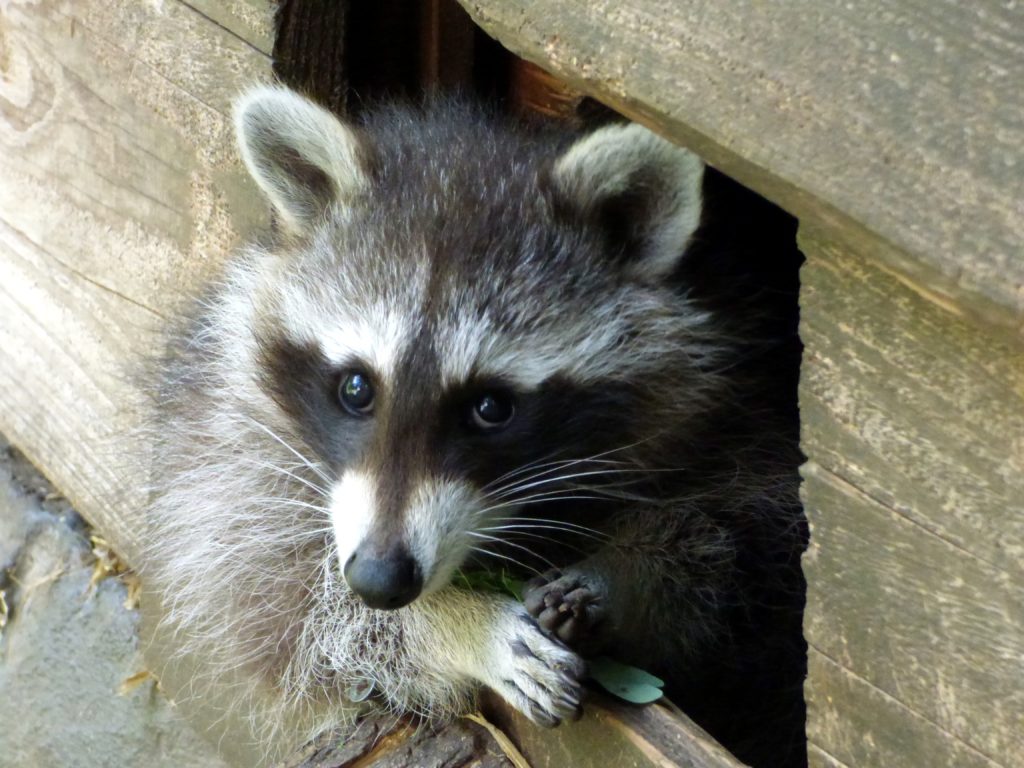Winter means falling snow and plunging temps, when many critters seek shelter from the storm. Which can spell trouble for climate-controlled homes and businesses. We’ve got tips on protecting your indoor space from nuisance winter wildlife this year.
Which critters are we talking about? Let’s take a look:
Bats
Most of the 40 million varieties of bat species are active during the warmer months and hibernate during the winter. They’re apt to roost in attics, towers and behind loose boards or shutters. Worse, bats can carry rabies and—in other parts of the world—spread infections like Ebola or viruses related to severe acute respiratory syndrome (SARS).
Skunks
These cute-looking but foul-smelling critters can also carry rabies. They can be found under porches or in underground dens. Sometimes they look for indoor shelter. Be very careful when encountering a skunk in your home or business. If they feel threatened, they can be dangerous, or at the very least, spray a noxious discharge that is pervasive, difficult to eradicate and can cause temporary blindness.
Opossums
The only marsupial (mammals grown within a mother’s pouch) in North America, opossums can often create messy nests in attic or garage dens. If cornered or threatened, they can bare teeth and hiss, and on rare occasions, bite.
Raccoons
These mostly-nocturnal critters may look cute from a distance, but they’re one of the country’s top hosts of rabies. They can significantly damage roofs and chimneys in their search for possible winter dens.
Squirrels
Though rarely posing a serious threat to home or business owners, these chattering nest-builders frequently invade indoor spaces for warmth, sometimes causing damage to electrical wires and telephone lines.
Prevention
To keep your home or business free from nuisance winter wildlife, we encourage you to keep garbage in sealed containers, trim tree branches away from rooflines, porches and building walls, and remain vigilant by sealing off any holes or cracks through which wildlife could slip.
Since many of these critters may carry rabies or diseases, we recommend contacting a pest professional for assistance, rather than risking your—or your customer’s—health by trapping them on your own. Contact us for safe and professional help.

